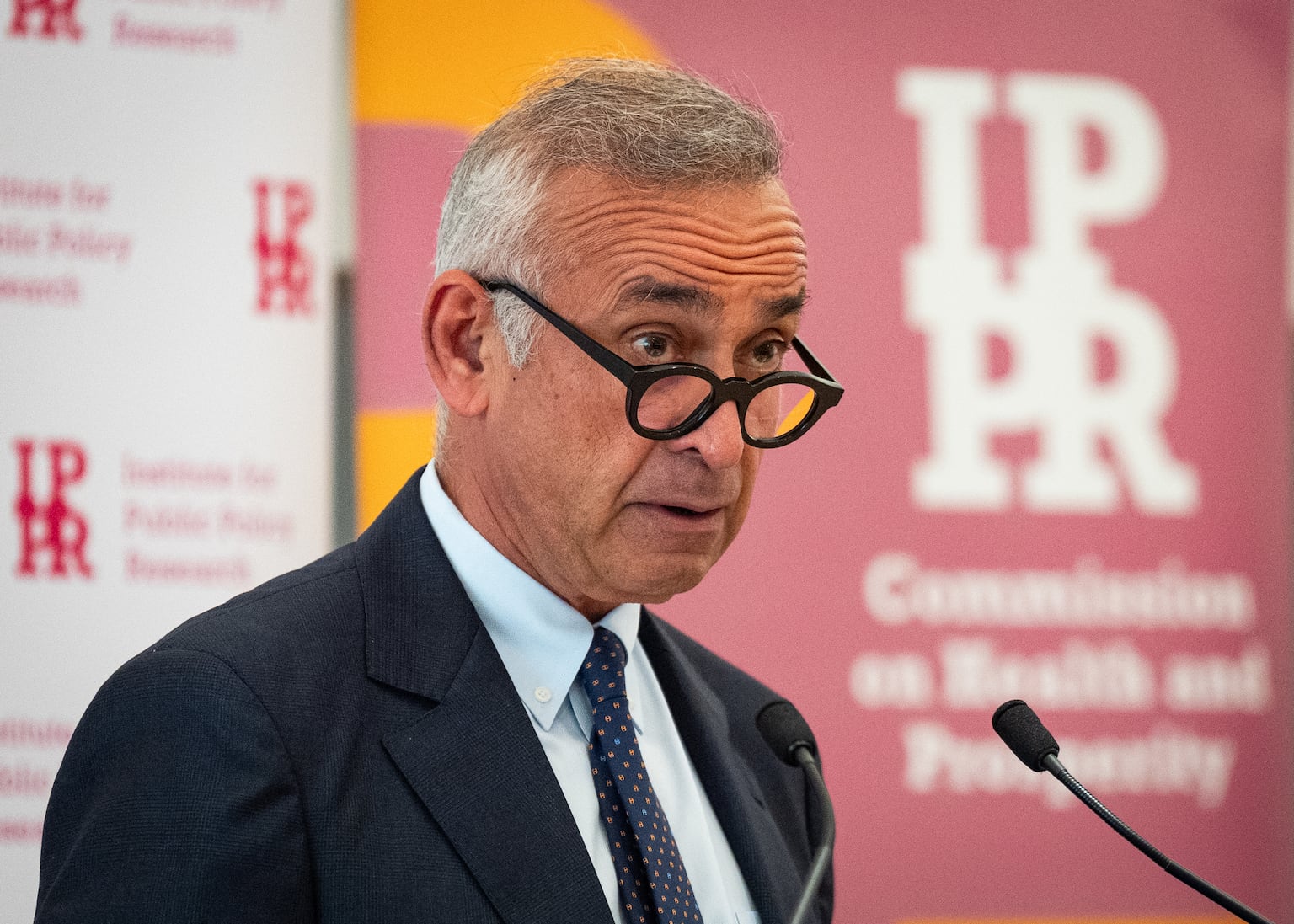Calls for BMA to Reconsider Strike Plans Amid Concerns Over Public Trust
Leading medical figures have urged the British Medical Association (BMA) to reconsider its planned strikes by resident doctors, warning that such actions could severely damage public confidence in the medical profession. The concerns come as the BMA prepares to stage a five-day walkout starting at 7am on July 25, which has sparked significant debate among healthcare professionals and policymakers.
Lord Ara Darzi, a former health minister and renowned surgeon, has joined the growing chorus of voices calling for caution. He emphasized the unique role doctors play in society and stressed that public trust is not something that can be taken for granted. In an interview with the Times, he expressed concern that the strike could lead to irreversible harm to the perception of the medical profession. “I fear it will never recover if the BMA goes ahead with strikes that are plainly unjustifiable,” he said.
This sentiment was echoed by Professor Robert Winston, a Labour peer and prominent figure in the medical community. He described the proposed walkout as “highly dangerous” and warned that it could undermine the public’s faith in doctors. His comments align with those of other senior medical professionals who believe the timing and nature of the strike could have long-term consequences for the NHS and patient care.
Professor Sir Stephen Powis, who is about to step down as the national medical director for NHS England, also voiced his concerns. In his final interview before retirement, he urged the BMA to carefully consider whether the industrial action is justified. He highlighted the potential impact of the strike, estimating that tens of thousands of appointments and procedures could be canceled, disrupting essential healthcare services.
These warnings were reinforced by the resignation of Professor Winston from the BMA, signaling a deepening divide within the medical community over the issue of pay and working conditions. His decision to step down underscores the growing tension between different factions of the profession.
In response to these developments, a BMA spokesman acknowledged the disappointment of losing members but defended the decision to proceed with the strike. He pointed out that resident doctors are entering their careers more than 20% worse off in real terms compared to their counterparts in 2008. The statement emphasized the importance of improving pay and working conditions to retain skilled professionals within the NHS.
The BMA argued that the strike is a necessary measure to restore fair compensation for junior doctors. It noted that nine out of ten resident doctor members supported the industrial action, highlighting widespread dissatisfaction with current pay structures. The organization also called on the Health Secretary to engage in discussions about the “journey” to pay restoration, suggesting that dialogue could prevent the need for strikes altogether.
Despite these arguments, the debate over the strike continues to raise questions about the balance between professional rights and public responsibility. As the medical community grapples with these issues, the outcome of the BMA’s decision will have far-reaching implications for the future of healthcare in the UK.







